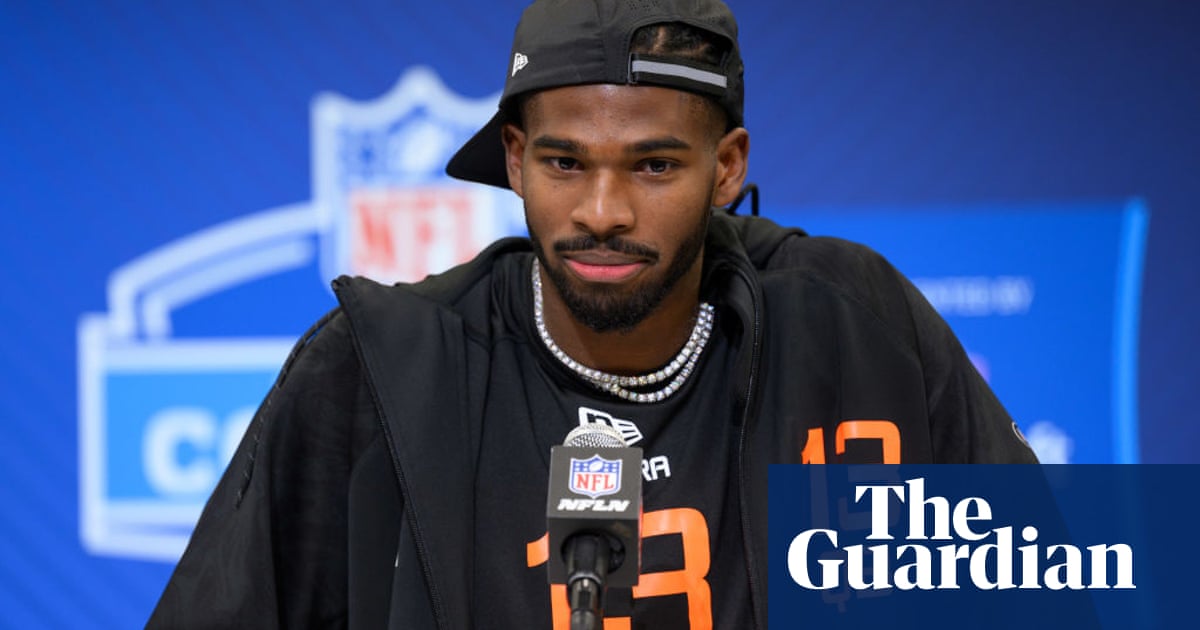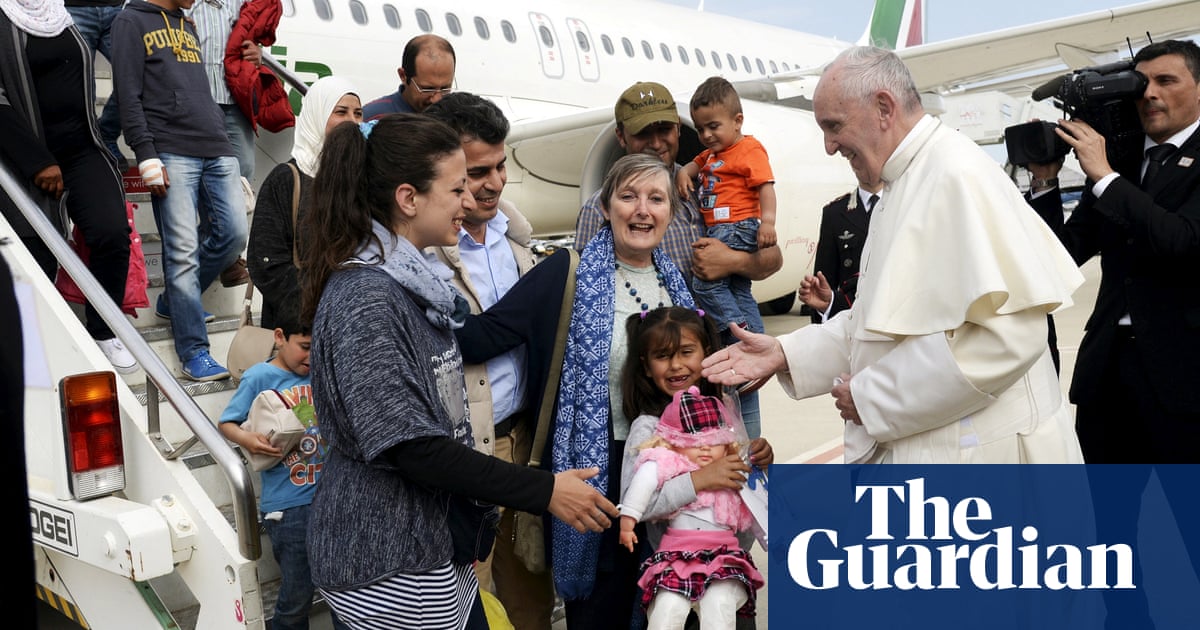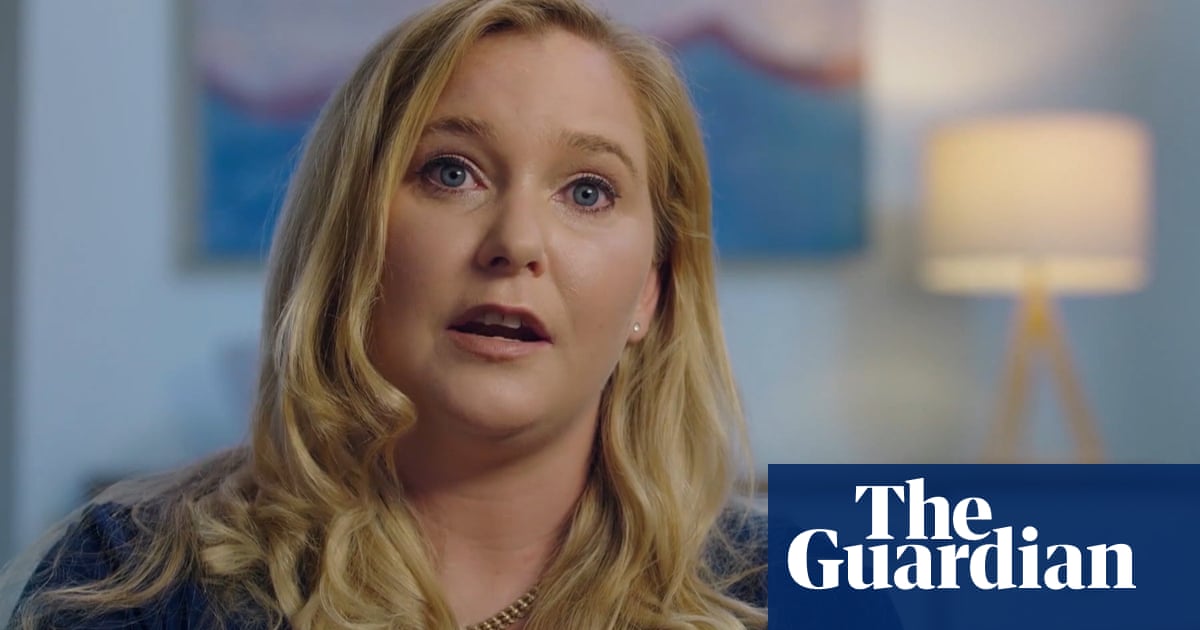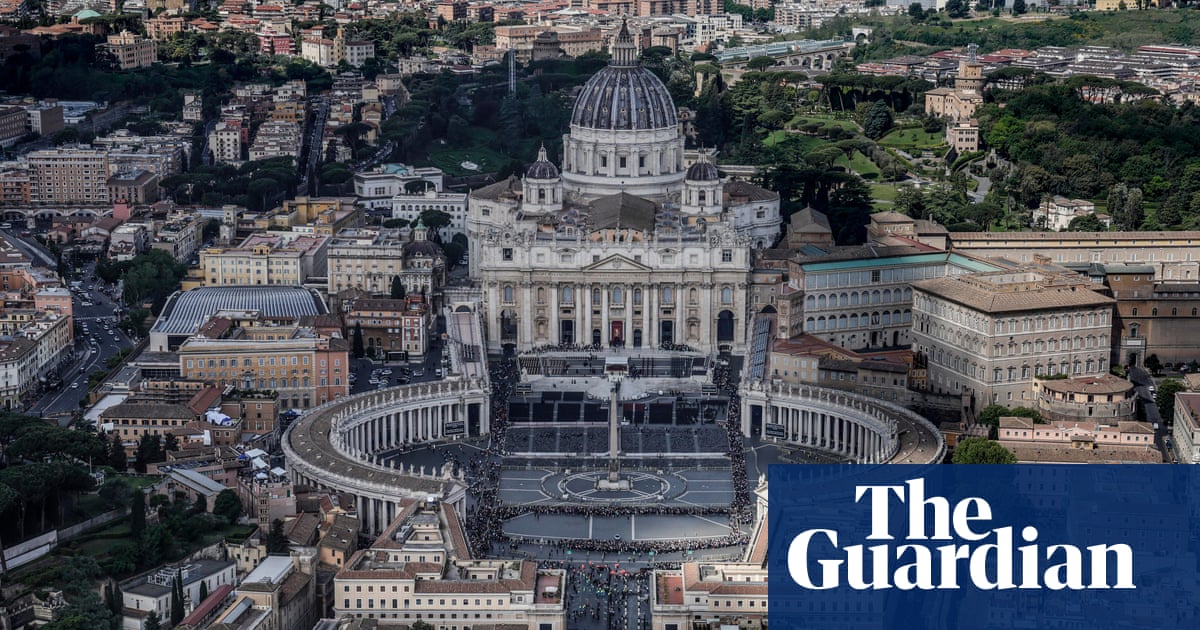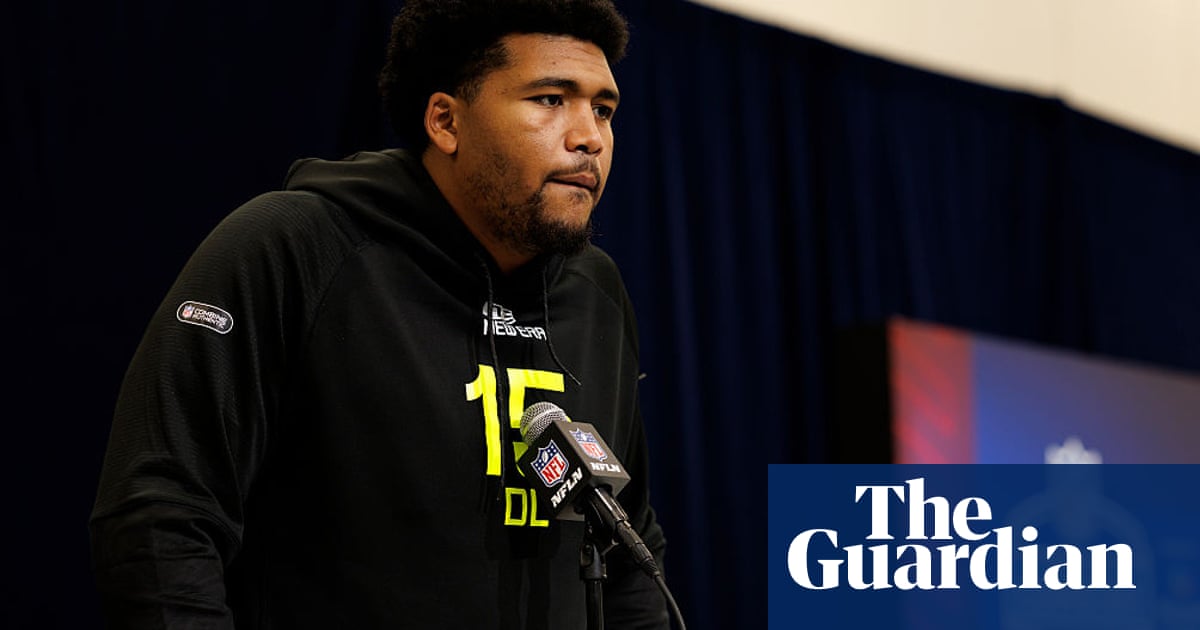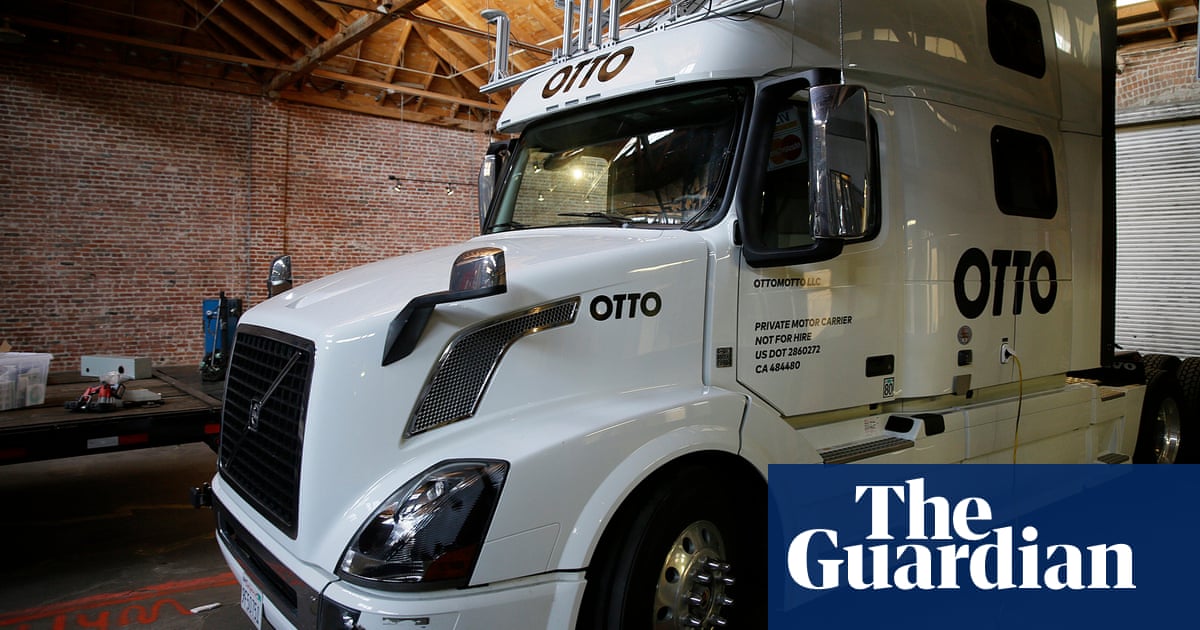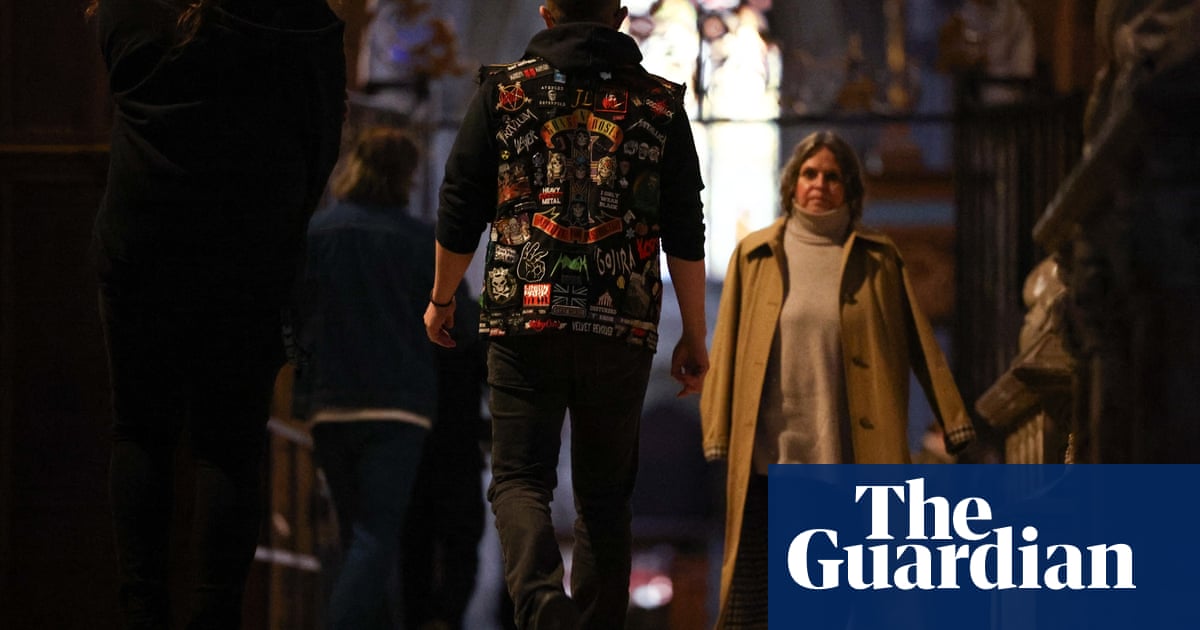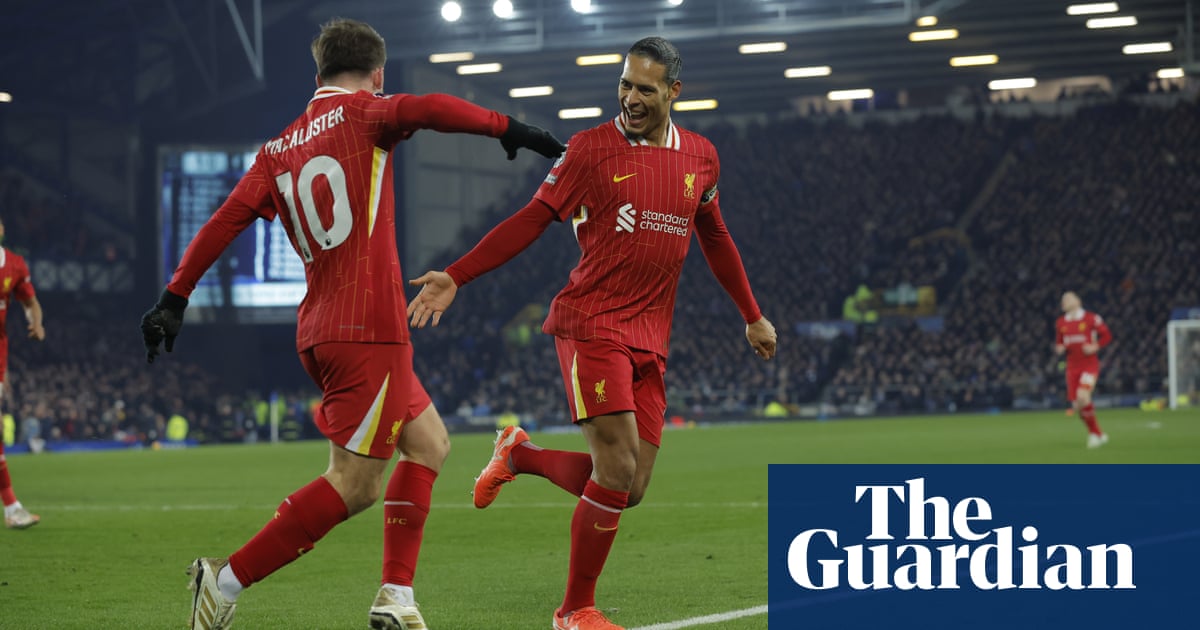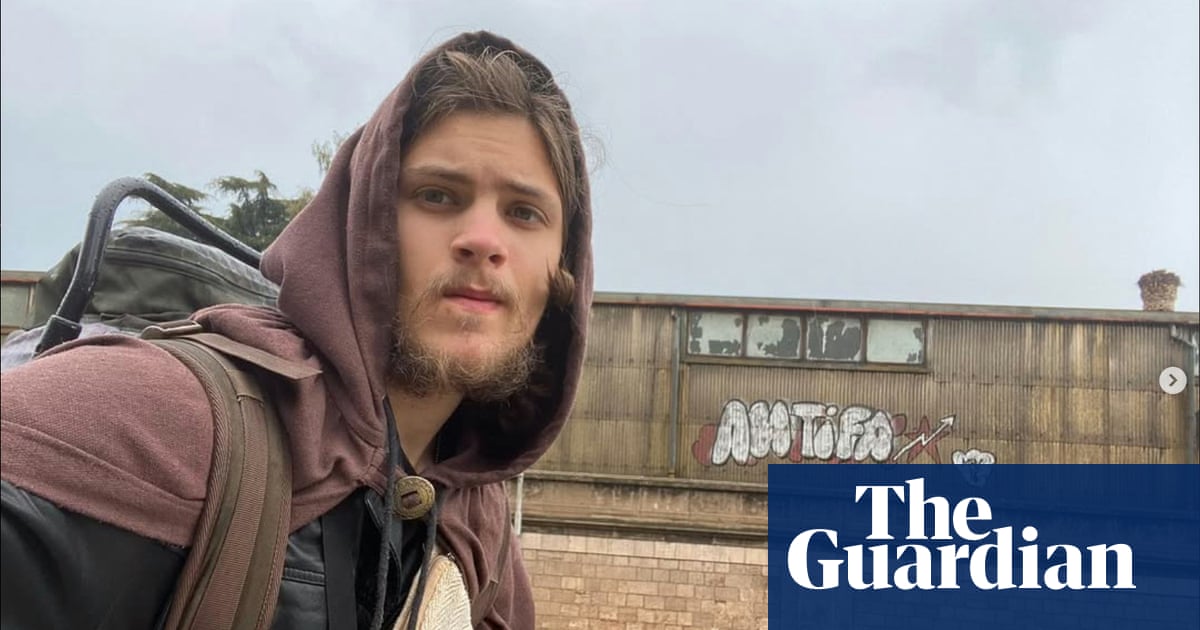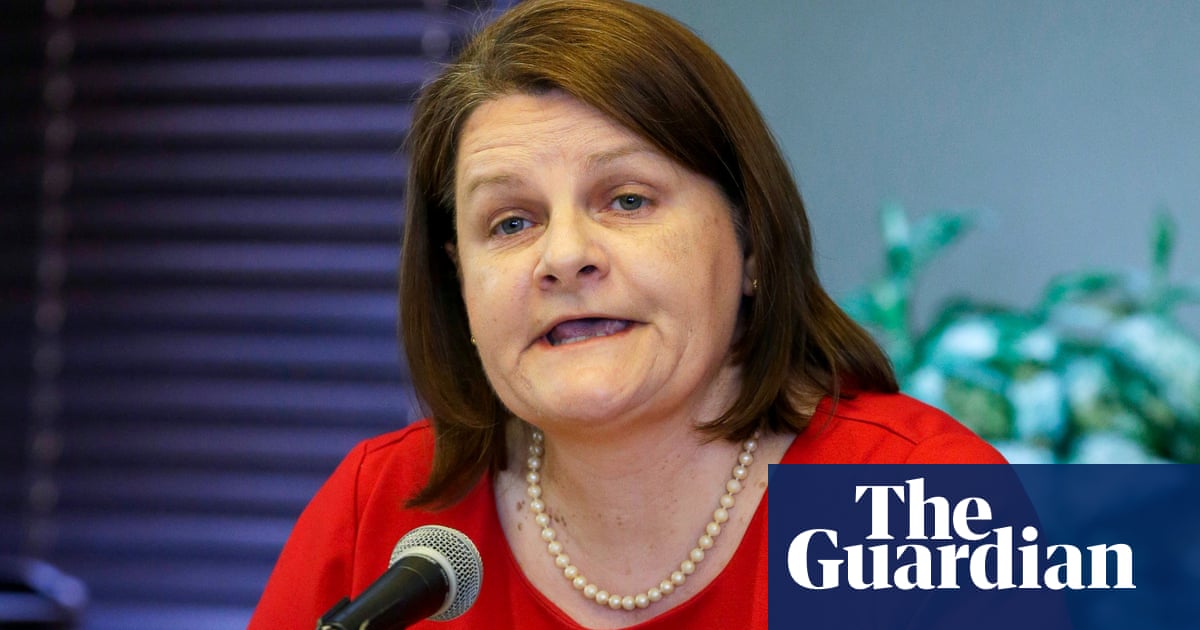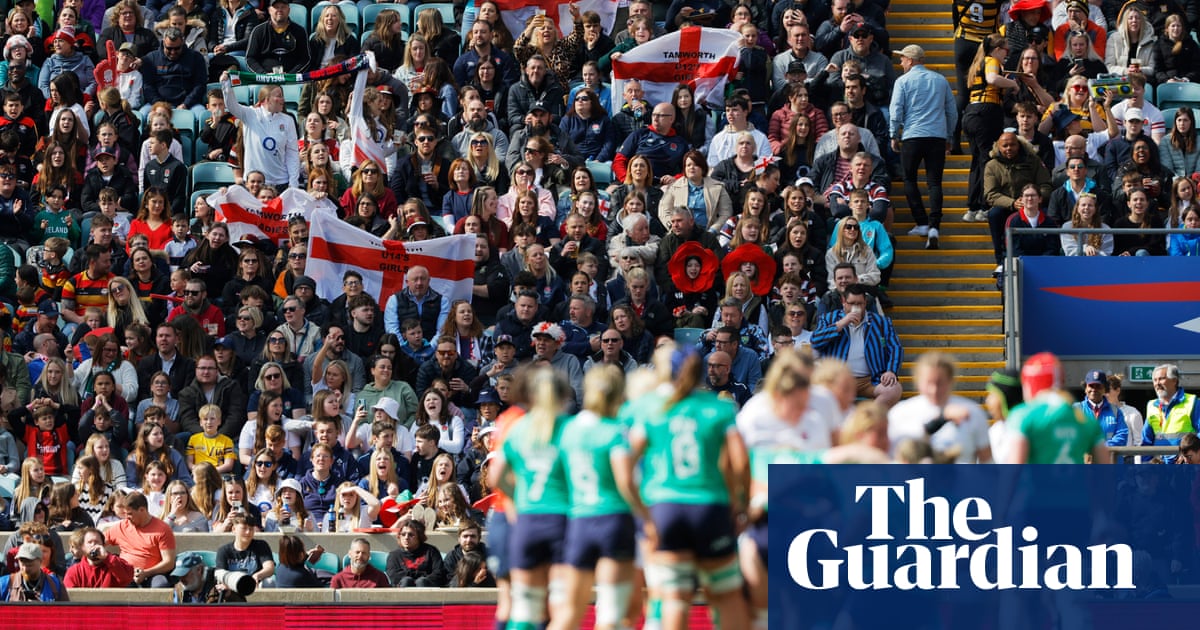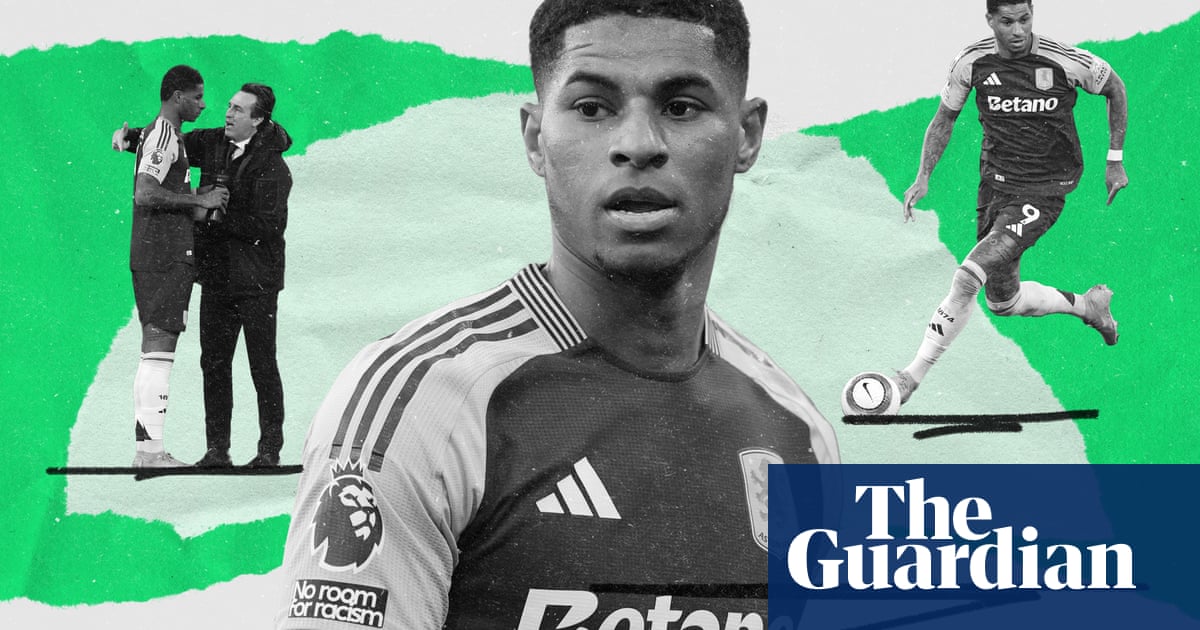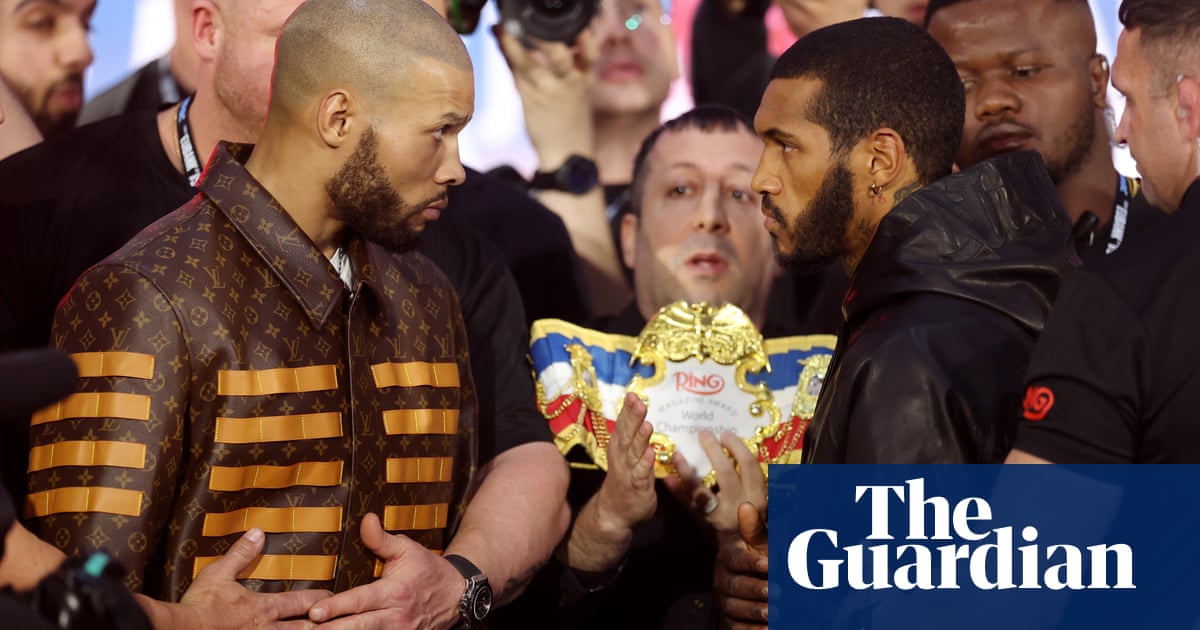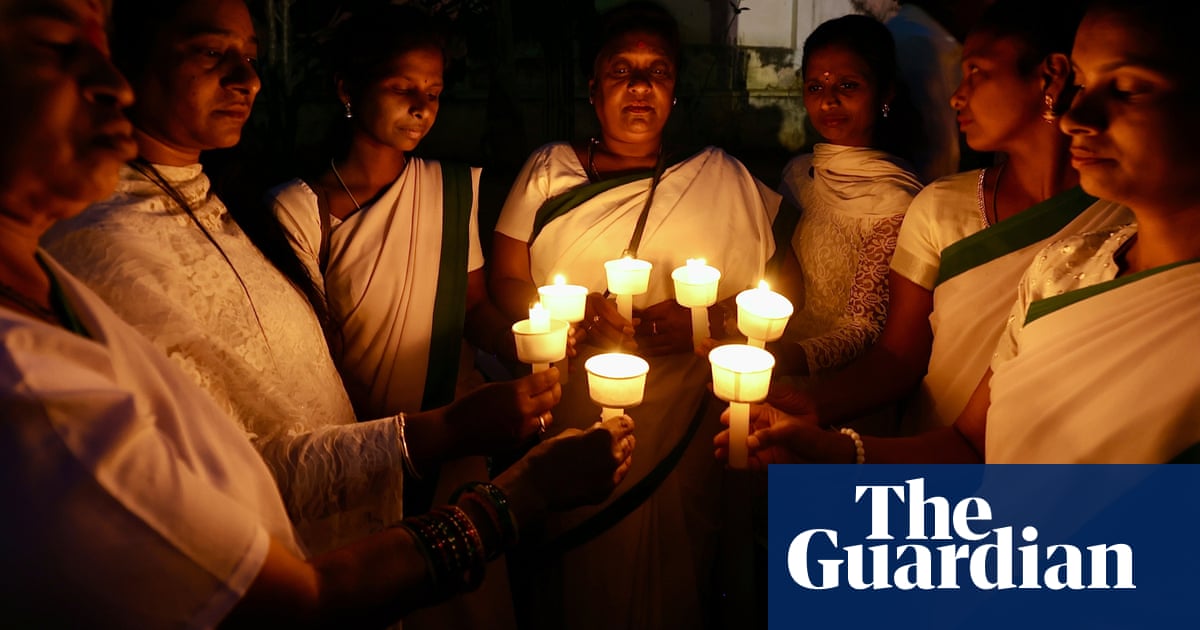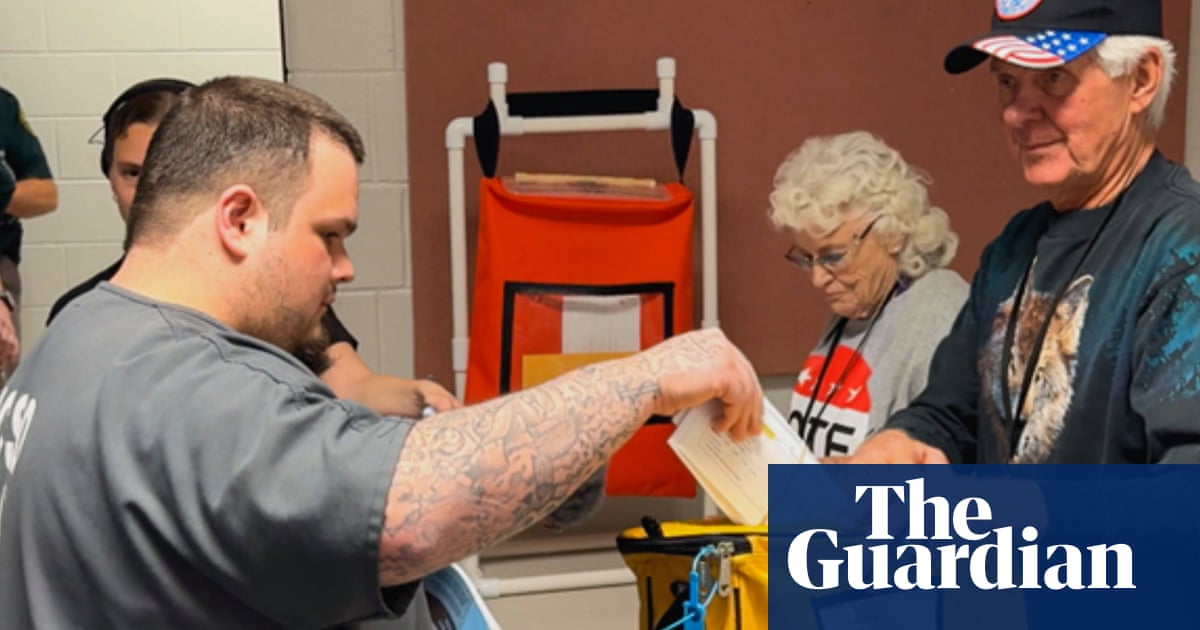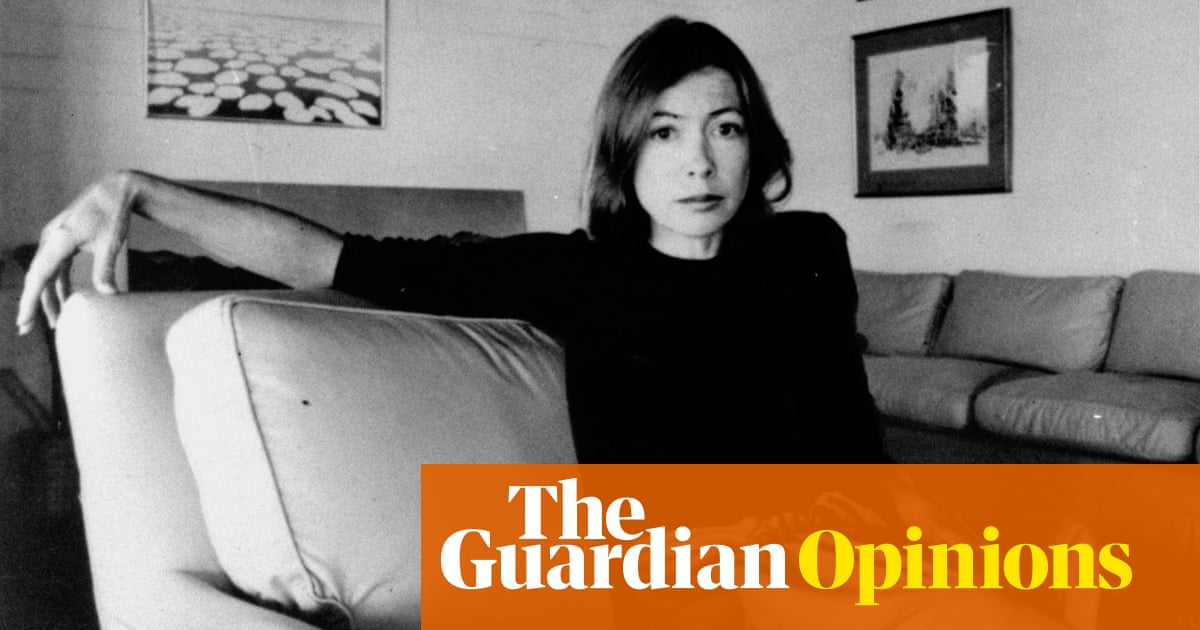This is a story in three parts. The unlikely tale of how Paul Lambert signed for Borussia Dortmund in 1996. Why Lambert is still revered there, despite making only 64 appearances. And the sad story of why he had to leave Germany in 1997, although not everyone would describe a Glasgow-born footballer signing for Celtic in such gloomy terms.
That’s not to say Lambert hasn’t achieved a lot elsewhere. He won a Scottish Cup with St Mirren, helped Motherwell into Europe and captained Scotland and Celtic, where he won four league titles. He has managed some of England’s biggest teams: Aston Villa, Norwich City and controversially their rivals Ipswich. He has four children and seems happy away from management with his second wife, Kara, their two large Belgian Malinois dogs and numerous chickens at their home outside Nottingham. But we’re here to talk about Dortmund, and how a promising but relatively unproven Scottish midfielder went from earning £500 a week at Motherwell to becoming a Champions League winner within 12 months.
“It was a really good side at Motherwell,” Lambert says. “We finished third, and then second behind Rangers in 1995. One of my old teammates, a guy called Rob McKinnon, got a move to FC Twente. I asked him: ‘How the hell did you get up that move?’ And he told me about a guy called Ton van Dalen.”

Lambert was out of contract in the summer of 1996, a year after the Bosman ruling had kicked in. But with no mobile phone, no internet and no agent, Lambert didn’t have a huge array of options. “I was tapping my mum and dad for money. We [Lambert and his wife] were struggling. That made it an even bigger risk not to renew my contract with Motherwell. It was a massive gamble.
“I was basically waiting by the house phone for a week. I thought: ‘There’s no way this Ton guy is getting back to me.’ Motherwell were starting their pre-season in Northampton. I was friendly with [Motherwell’s] Billy Davies at the time. I phoned him up and told him: ‘Billy, I ain’t coming. I ain’t signing the contract. I don’t know where I’m going yet, but as soon as I know, I’ll let you know.’
“Billy asked: ‘What am I going to say to the boss [Alex McLeish]?’ I replied: ‘Just tell him I’m not well. I’m ill.’ So, sure enough, Billy did that. Ton called and told me to fly to Amsterdam. I had no idea what he looked like or what club or clubs I was going to but just that he had a placard saying: ‘Paul Lambert.’ But I got on the plane.
“If the flight was delayed or I had missed Ton in arrivals, that would have been it. But we go to Ton’s car, he’s smoking his cigarettes, and he tells me the first club is PSV Eindhoven. I was at a stage in my career where I thought even if he puts me somewhere in Luxembourg or Austria or something, then at least it’s something different for me, so I was buzzing that it’s PSV. I went on trial for five days but the manager, Dick Advocaat, played me on the wing. I scored two goals but I was never a winger. It never worked.”
PSV had a brilliant side then and won the Eredivisie that season with Luc Nilis, Phillip Cocu, Jaap Stam, Boudewijn Zenden and Wim Jonk in their ranks. Remarkably, Lambert’s next trial was even bigger, Borussia Dortmund. Arranging it was not all Van Dalen’s work. The manager, Ottmar Hitzfeld, had been impressed by Lambert’s tenacity and positioning when Dortmund faced Motherwell in a 1994 Uefa Cup first-round tie.
“When we arrived at Dortmund I said to Mr Meier, the general manager at the time, that Motherwell don’t know I’m here. They don’t have a clue where I am. He said, fine. And I said the other thing is I’ve run out of money as well because I only came here for a short time. He gave me 200 Marks [about £86] and said: ‘If you sign that contract for the trial, you give it back to us back. If you don’t, you keep it.’
“That morning, I’d been rejected by PSV and that afternoon I was in a Dortmund tracksuit, meeting Mr Hitzfeld and half the Euro 96 winners. I was on the team bus and Jürgen Kohler’s sitting there, Andy [Andreas Möller], Matthias Sammer, who had just won the Ballon d’Or. I was thinking: ‘What the hell, look at these players.’”
After a successful trial and a timely injury to another new signing of a different ilk, Paulo Sousa, bought for £7m from the 1996 Champions League winners Juventus, Lambert started the season in Hitzfeld’s XI. Dortmund’s second league match, against Düsseldorf, changed everything. “I had one of those days where everything went right,” Lambert says with a smile. “I think I set two up in a 4-0 win. The crowd were all singing my name. The defining moment was when [Karl-Heinz] Riedle and Sousa were coming off the bench, and I’m thinking: ‘Well, it must be my number. I’ve come from Motherwell, I’m not a big name.’ I started to walk off but it wasn’t my number. And then the penny dropped. I said to myself: ‘I am going to fucking kill people if it means staying in this team.’ And all of a sudden, I became a mainstay. The crowd made me feel invincible.”
Dortmund finished third but saved their best for the Champions League, including a magnificent win over Manchester United in the semi-finals. Despite missing many stars through injury, Dortmund beat a brilliant United side 1-0 at home and away. Juventus lay in wait in the final. Lambert was given the task of marking Zinedine Zidane. Not only did Lambert nullify one of the greatest-ever players in the world’s biggest club match, snapping and snarling at the Frenchman throughout, but he provided the assist for Riedle’s opener in Dortmund’s 3-1 win.

“I was mentally strong,” says Lambert. “Playing in front of big crowds never fazed me, playing against big players never fazed me. I grew up in a hard area with my mum and dad, nothing fazed me. I compartmentalised my football side and my family side. I was never one to show weakness. I’m sure some people would call it unhealthy. You’re putting a mask on things. My dad would always say: ‘You’ve got more faces than Mike Yarwood, Paul.’
“People say: ‘You marked Zidane out of the game.’ But I was part of a great team, we did the whole thing collectively. But I had game intelligence to play with world-class players, where the ball is going to drop. The thing about Zidane, he drifts off your shoulder. He often goes away from the ball, almost baiting you. But the ball’s not the danger, it’s him. Zidane did put me on the backside a couple of times because he’s brilliant. But he’s not going to evaporate, is he?
“After the final, Juventus wanted to sign me but there was no way I was moving. Franz Beckenbauer asked me if I would be interested in joining Bayern. I had everything at Dortmund, though. But then my son got ill.
“We’d first seen it when he was a baby, in Glasgow before we went to Germany. It’s a thing called febrile convulsion. He had a temperature so we brought him into the bed with us. But I noticed his arm had gone limp. I picked him up, and then the head went, flopped. I was shaking him, but there was nothing there. My wife flew into the toilet, vomiting. I phoned the ambulance and thankfully he recovered.
“They diagnosed him and told us it could last for maybe five, six years. He had another episode in a shop in Glasgow and they had to put him on the counter; this woman knew first aid. When we went to Germany, he hadn’t had a convulsion in a while. But then it happened after the final in 1997. We were unsure when these things were going to happen again, and we wanted to move back to Scotland to be near family.”

Lambert left Dortmund in November, less than six months after his European glory. It was a shock, not least to the club and fans, who pleaded for him to stay. He announced his decision to leave before a Champions League game against Parma.
“I never expected that send-off. Banners went up. ‘Paul, don’t go.’ ‘Thank you, Paul.’ Then they started singing: ‘Paul Lambert, You’ll Never Walk Alone.’ The club asked me to do a lap of honour after the game, and I stood in front of the Yellow Wall. I saw people crying, and I had to run into the tunnel – it got too emotional for me. The press officer made me go back out, though, after a while. Nobody left! There were hundreds of people waiting for me at my car. At around midnight I had to sign a form. Mr Meier said: ‘Paul, we’re going to ask you again. Don’t go.’ But my wife and I had made up our minds. When I came back to Celtic, I was terrible for about two months.”
Despite his golden stay at Dortmund being cut short, maybe even because it was so fleeting, Lambert remains loved there. Last year he was invited to Dortmund’s AGM by the chief executive, Hans-Joachim Watzke. The 1,000-strong crowd of members gave him a rapturous ovation. “I was like: ‘How the hell?!” says Lambert. “This was nearly 30 years ago. But they don’t forget.”
Neither did Zidane. When Lambert became a manager, he visited Real Madrid to speak to Carlo Ancelotti. “I never swapped shirts or spoke to Zidane after the final, it’s not really my thing. But in Madrid, Paul Clement [Ancelotti’s former assistant] brought Zidane into Carlo’s office to meet me. Zidane just looked at me and said straight away: ‘Paul Lambert. Ah, bloody hell.’”

 3 months ago
47
3 months ago
47
